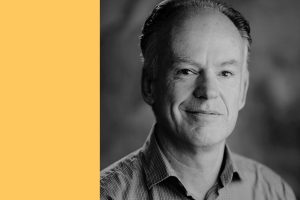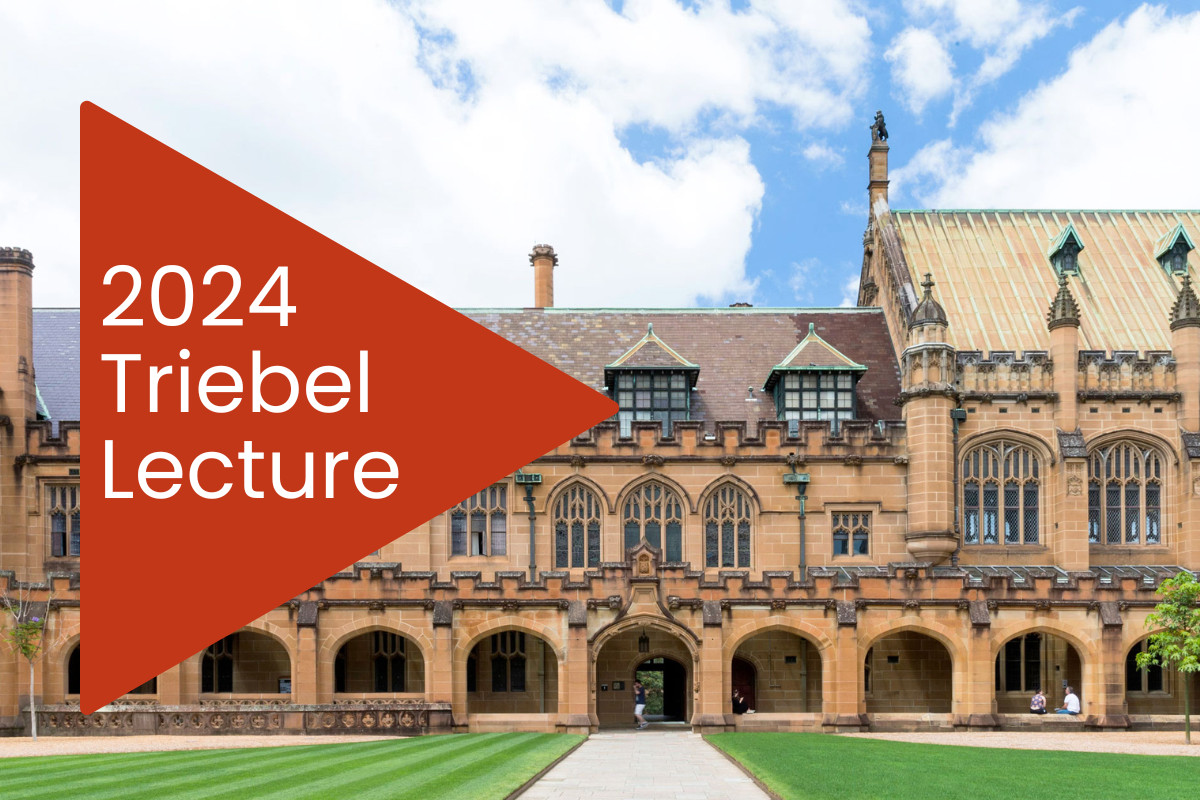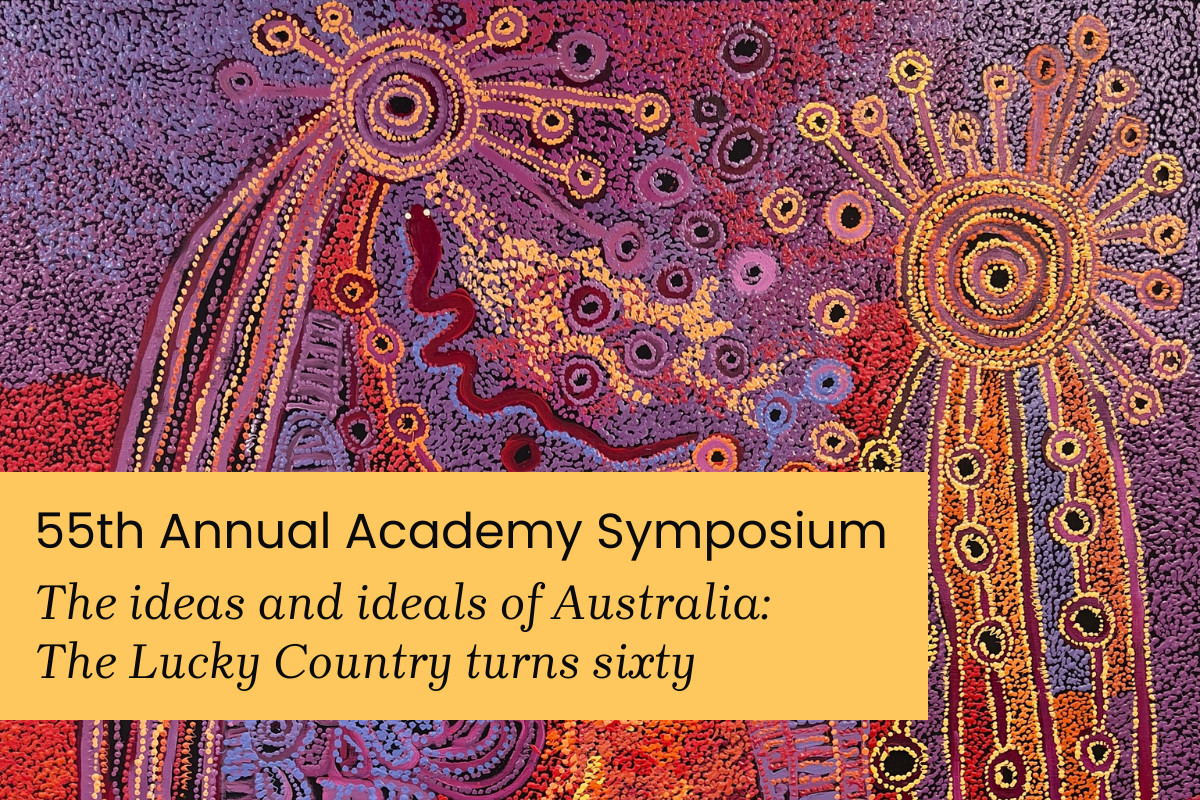Thursday 14 November, 9.00 – 9.45am
Speakers
Professor Stephen Garton AM FAHA FRAHS FASSA FRSN
 Stephen Garton became a Fellow of the Australian Academy of the Humanities in 2000, and was elected the Academy’s 20th President in November 2023.
Stephen Garton became a Fellow of the Australian Academy of the Humanities in 2000, and was elected the Academy’s 20th President in November 2023.
An eminent historian, Stephen’s research expertise is in Australian history. He has also published in the fields of American and British History. His major books provide thought provoking insights into areas including the history of medicine, particularly psychiatry, social welfare, war veterans and the aftermath of war, sexuality and the history of higher education.
Stephen has also had a long career in university administration, serving as Dean of Arts, Provost and Senior Deputy Vice-Chancellor, and also as interim Vice-Chancellor, at the University of Sydney. He was appointed a Member of the Order of Australia for significant service to tertiary education administration and to history.
Welcome from the Principal Sponsor
Distinguished Professor Genevieve Bell AO FTSE FAHA
 Genevieve Bell is the Vice-Chancellor and President of the Australian National University (ANU) and is the University’s first female Vice-Chancellor.
Genevieve Bell is the Vice-Chancellor and President of the Australian National University (ANU) and is the University’s first female Vice-Chancellor.
Genevieve holds a PhD in cultural anthropology from Stanford University and is a renowned anthropologist, technologist, and futurist, having spent more than two decades in Silicon Valley helping guide Intel’s product development and social science and design research capabilities. She is best known for her work at the intersection of cultural practice and technology development and for being an important voice in the global debates around artificial intelligence and human society.
In 2017, Genevieve returned to Australia and established the 3A Institute at ANU, in collaboration with CSIRO’s Data61, with the mission of building a new branch of engineering to take AI-enabled cyber-physical systems safely, sustainably and responsibly scale. In 2021, she became the inaugural Director of the new ANU School of Cybernetics, which seeks to establish cybernetics as an important tool for navigating major societal transformations.
In addition to her roles at the ANU and Intel, Genevieve was also a Non-Executive Director of the Commonwealth Bank of Australia Board (January 2019-October 2023) and is currently a Member of the Prime Minister’s National Science and Technology Council, Fellow of the Australian Academy of Technology and Engineering (ATSE), Fellow of the Australian Academy of the Humanities (AAH), Florence Violet McKenzie Chair, SRI International Engelbart Distinguished Fellow, member of the Center for Strategic and International Studies (CSIS) AI Council and an Officer of the Order of Australia.
Welcome from the Convenors
Professor Frank Bongiorno AM FAHA FASSA FRHistS
 Frank Bongiorno is Professor of History at the Australian National University and was Head of the School of History from 2018 until 2021. He is a scholar of Australia, whose work has explored political, labour and cultural histories.
Frank Bongiorno is Professor of History at the Australian National University and was Head of the School of History from 2018 until 2021. He is a scholar of Australia, whose work has explored political, labour and cultural histories.
His books include studies of labour politics, of the history of sexuality, and of the 1980s. His Dreamers and Schemers: A Political History of Australia, was awarded 2023 ACT Book of the Year and the Australian Political Studies Association’s Henry Mayer Book Prize. The second edition of A Little History of the Australian Labor Party (co-authored with Nick Dyrenfurth) was published in May 2024. He is a regular contributor to Australian media.
Frank has previously held academic appointments at Griffith University, the University of New England, the University of Cambridge and King’s College London, and he has served as chair of the Literature and History Committee of the New South Wales Ministry of the Arts. He was made a Member of the Order of Australia in 2019, and is President of the Australian Historical Association and the Council for the Humanities, Arts and Social Sciences.
Professor Mark McKenna FAHA
 Mark McKenna FAHA is Emeritus Professor of History at the University of Sydney and Honorary Professor at the National Centre of Biography at the ANU. His research has ranged across the history of Australian republicanism and monarchy, Australian biography, histories of place and Indigenous history. He is the author of several prize-winning books, including Looking for Blackfellas’ Point: An Australian History of Place (2002), winner of the Douglas Stewart Prize for Non-Fiction and Book of the Year in the 2003 NSW Premier’s Literary Awards; An Eye for Eternity, The Life of Manning Clark (2011), winner of the 2012 Prime Minister’s Prize for Non Fiction and five other national awards; From the Edge: Australia’s Lost Histories (2016), winner of the Australian History Prize in the 2017 NSW History Awards; and Return to Uluru (2021), winner of the 2022 Chief Minister’s Northern Territory History Book Award and shortlisted for the 2022 Prime Minister’s prize for Australian History.
Mark McKenna FAHA is Emeritus Professor of History at the University of Sydney and Honorary Professor at the National Centre of Biography at the ANU. His research has ranged across the history of Australian republicanism and monarchy, Australian biography, histories of place and Indigenous history. He is the author of several prize-winning books, including Looking for Blackfellas’ Point: An Australian History of Place (2002), winner of the Douglas Stewart Prize for Non-Fiction and Book of the Year in the 2003 NSW Premier’s Literary Awards; An Eye for Eternity, The Life of Manning Clark (2011), winner of the 2012 Prime Minister’s Prize for Non Fiction and five other national awards; From the Edge: Australia’s Lost Histories (2016), winner of the Australian History Prize in the 2017 NSW History Awards; and Return to Uluru (2021), winner of the 2022 Chief Minister’s Northern Territory History Book Award and shortlisted for the 2022 Prime Minister’s prize for Australian History.
He has held several distinguished positions overseas at Australian Studies Centres at King’s College London (2000), the University of Copenhagen (2006) and University College, Dublin (2011). In Australia, he was an Australian Research Council QEII Fellow in History at the Australian National University (2000-2005) and an Australian Research Council Future Fellow (2012-2015).



